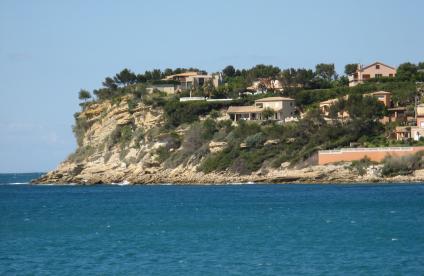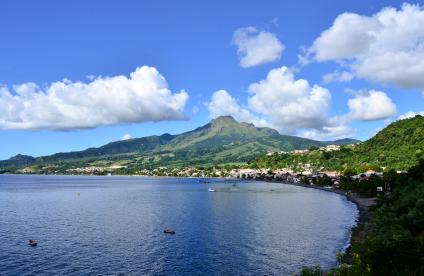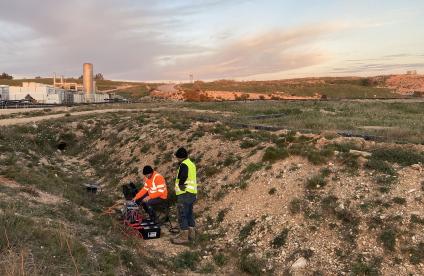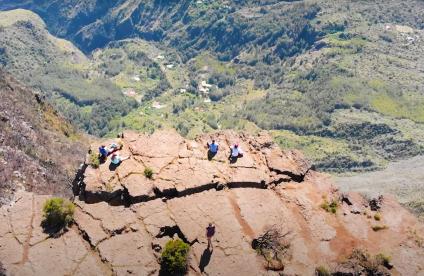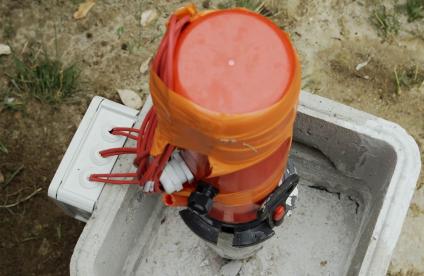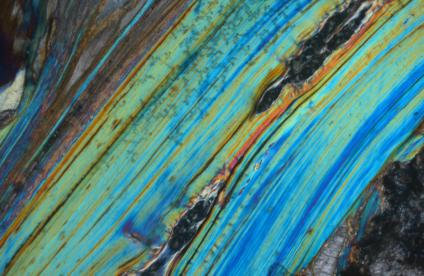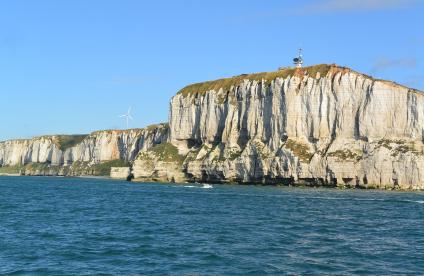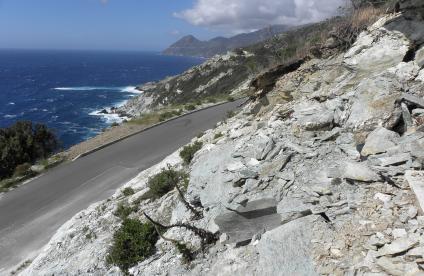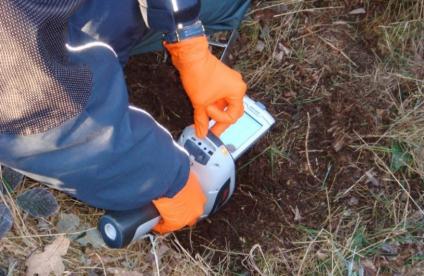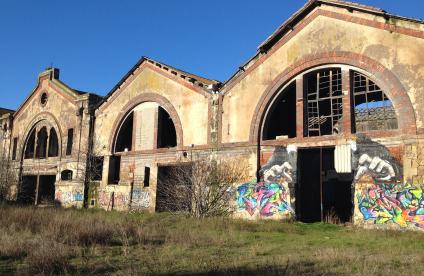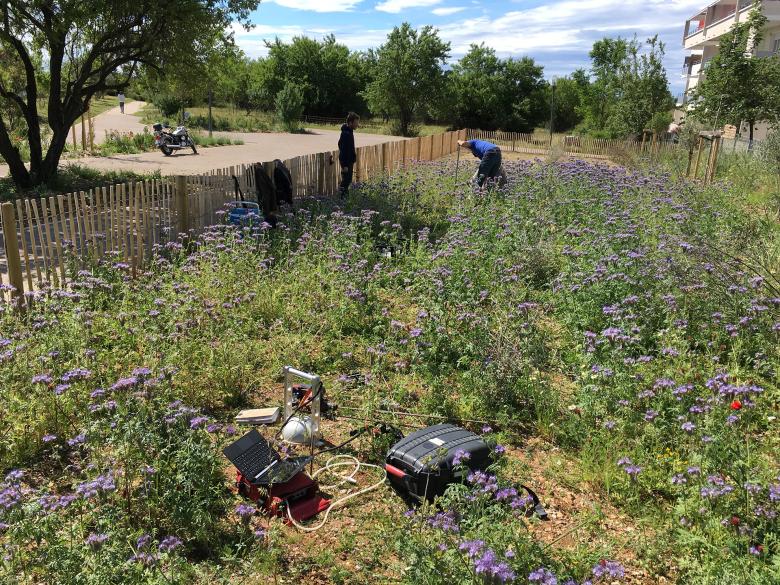
Soil measurement campaign on a wasteland site in the process of being redeveloped.
© BRGM - Gaétan Bentivegna
Your challenges and needs
Some wastelands in France, particularly those previously used for industry, are affected by soil pollution, which can represent a risk to people's health and the environment.
Nature-based solutions (NBS) are adaptive measures aimed at protecting, managing and rehabilitating natural or modified ecosystems in a sustainable manner, regardless of their scale (from local soil conditions to those of a whole region). Implementing such solutions effectively addresses societal challenges linked to the ecological transition, for example:
- In the context of climate change, this could translate into the creation of urban cooling islands, or better water infiltration to fight against flooding, or the sustainable production of food or energy biomass;
- In the face of declining biodiversity and the increasing amount of land covered by artificial surfaces, this could translate into the creation of new habitats for local fauna and flora and landscape features that are beneficial to local residents;
- In order to protect natural resources (water, energy and materials), this could translate into the rehabilitation of soil functions or the better regulation of air, water and soil quality.
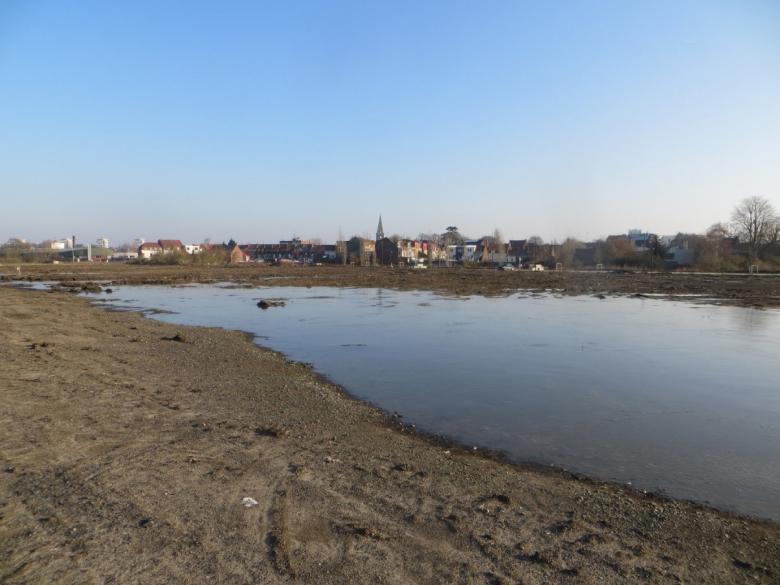
Large industrial wasteland awaiting redevelopment (ZAC de l'Union, Lille Tourcoing Roubaix, 2018).
© BRGM
Our added value
BRGM provides its expertise and support for your projects involving the use of NBSs to redevelop wasteland, by taking into account the multi-functional role of soils and properly appreciating the ecosystem services provided by soils to humans. Its teams help you to choose your redevelopment solutions by providing decision-making tools or by developing innovative solutions, either on an individual basis or coupled with other solutions, in response to a range of challenges:
- Managing wasteland pollution via phytomanagement, through:
- The assessment and mapping of the functional state of soils by developing (bio)indicators, characterisation tools (field, laboratory, modelling) and soil functions (water storage/infiltration, degradation/mobility of pollutants).
- Re-using excavated materials, through:
- The assessment of recycling channels with a view to optimising the management of excavated soil;
- The development of innovative approaches to constructing or reconstituting fertile soils;
- The assessment of the benefits linked to recycling excavated soil and secondary raw materials (e.g. construction of technosoils).
- Managing the water cycle linked to the wasteland, through:
- Various solutions: rainwater management, aquifer recharge or protection, flood prevention and natural water treatment solutions;
- An understanding of the role of aquifers in providing ecosystem services, at different scales.
Each of these issues is part of an integrated environmental approach. They take into account integrated rehabilitation methods in line with the regulations in force, as well as a cost-benefit analysis of the various conversion scenarios including via monetisation.
Analytical tools and platforms
- Chemical and mineral analysis laboratories;
- PLAT’INN platform for the processing of mineral raw materials, waste and industrial by-products;
- PRIME platform for remediation and innovation in environmental metrology.
A few references
- Selecting the appropriate plant cover to rehabilitate industrial wastelands (PhytoSelect project – Centre Region)
- Biodiversity measurement and assessment of ecosystem services in rehabilitated environments (RECORD 1 & RECORD 2 projects)
- Creation of fertile ecosystems from degraded soils (BioTUBES project)
- Construction of soil from innovative materials for the purpose of urban development (AGREGE project)
- Assessment of the population's preferences for NBSs aimed at reducing water-related risks (European NAIAD project).
References
Solutions


